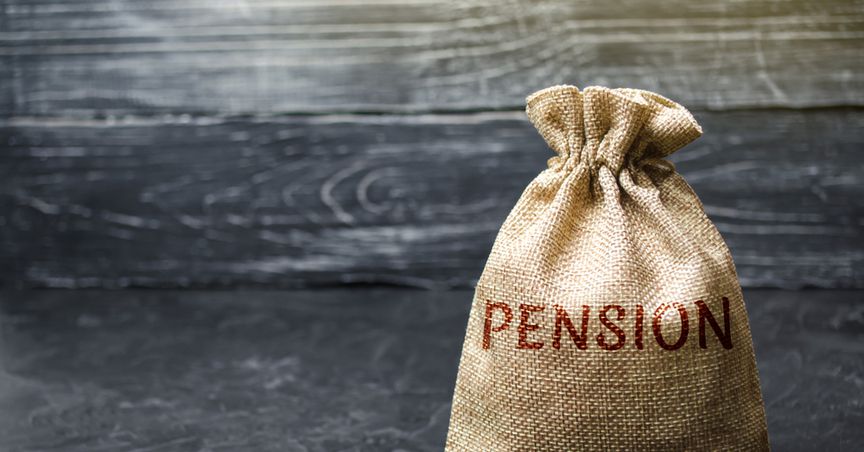Summary
- The state pension in the UK’s government’s weekly pension claims given to British nationals once they reach the state pension age.
- The pension amount can depend on different factors, including the claimant’s record of contributions to the National Insurance, the number of years and more.
- Pension credits are also created by the government to help top up the weekly pension amount.
The State pension is a part of the UK government’s pension scheme. It is a weekly payment given by the government to British nationals once they reach the state pension age, while the pension benefits claim amount depends on a pensioner’s record of contributions made to the National Insurance and other factors.
Eligibility Requirements
In order to become eligible for the state pension, an individual will have to make contributions to the National Insurance for a minimum of 10 years to receive any benefit claims at all. Moreover, pensioners seeking to claim the benefits of a full state pension will be required to make up to 35 years’ worth of contributions to the National Insurance.
In cases where an individual does not have sufficient qualifying years due to gaps in one’s records, individuals can make voluntary contributions to make up for the same. Gaps in records can occur due to various situations such as unemployment, being unable to work due to illnesses or taking time off from working for childcare or living abroad.
Pensioners can start claiming the state pension from the age of 66 for both men and women. However, the starting eligible age for claiming will increase to 67 by 2028 and 68 between 2037 and 2039, according to new guidelines.
Also Read: State Pension Age Raised To 66 Years: What All You Need to Know
Basic and New State Pension
To claim the basic state pension, one will have to be born before 6 April 1951 if a man, and before 6 April 1953 if a woman. At present, the maximum claim for the basic state pension is £137.60 per week in 2021-2022.
The basic State Pension increases on a yearly basis by either of these three factors, whichever being the greatest value: either the average percentage growth in wages in the UK or the percentage growth in prices in the UK as measured by the Consumer Prices Index (CPI) or 2.5 per cent.
While the new state pension requires at least 10 qualifying years on a claimant’s National Insurance record, the years do not have to be in a row and is eligible for claimant’s who reached the state pension age on or after 6 April 2016.
The full new state pension is set at £179.60 per week in 2021-2022, but can be higher in case of having over a specific amount of additional state pension or in case of deferrals or delays related to one’s state pension claims.
An additional state pension is the extra amount a claimant can receive over the amount under the basic state pension. Opting out of this, also known as contracting out, is when a claimant chooses to give up increasing one’s additional state pension in exchange for a bigger private pension pay out.
Pension Credit
Pension credit is a supplemental amount available to a claimant’s state pension amount and is based on one’s earnings. It is availed under two parts: guarantee credit and savings credit.
The guarantee credit can increase one’s weekly pension amount to a maximum of £177.10 for single people and £270.30 for couples for 2021-22 and is available to UK residents who have reached the state pension age and claimants with a weekly income below £177.10 for singles and £270.30 for couples.
The savings credit is only applicable for those who reached the state pension age before April 2016 or for couples whose partner reached the qualifying age before 6 April 2016. It is applicable for those who live in the UK, over 65 years of age and saved for one’s retirement. It is also only available to those having a minimum weekly amount of £153.70 for singles and £244.12 for couples in 2021-22.
The maximum savings credit one can benefit from is £14.04 per week for singles and £15.71 per week for couples.
Also Read: UK Firms Stop Pension Top Ups as Coronavirus Fears Continue



